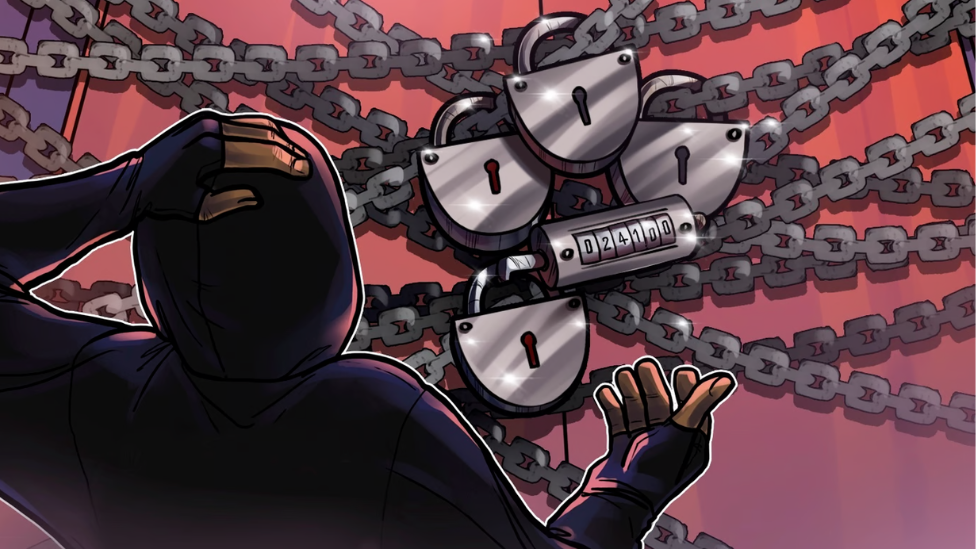NFT theft is the unauthorized access, sale, and transfer of NFTs without consent from the original owner or buyer. Since NFTs are stored on blockchains with immutable ledgers, it is often difficult to retrieve a stolen NFT, which can cause damage worth a lot of money. The five tips below will provide the best safety practices to protect your NFTs.
What are the 5 Best Ways to Prevent NFT Thef
Digital Wallet Safety
Your NFT private keys, which allow you to manage your NFTs, are typically stored in your digital wallet. These private keys are to show transactions and proof of ownership. It would imply that the first target of a malicious actor looking to steal NFTs would be the wallet. If a cybercriminal gains access to the digital wallet and, ultimately, the key, they can transfer it to their wallet or sell it on a different marketplace, making a recovery impossible. Securing your digital wallet is fundamental to ensuring your NFTs are safe from theft. You can use two-factor authentication, strong passwords, and hardware wallets.
Cybersecurity and Protection
Regarding preventing NFT theft, cybersecurity involves the awareness and efficient actions taken by the individual to avoid exploitations and social engineering. An NFT holder has to be aware at all times. Such a person must be sure to keep their digital wallet and computer software updated at all times. Cybersecurity would also involve awareness and caution against social engineering practices like phishing scams and shady websites, which allows theft once an owner clicks on a link or sends sensitive information over unsecured and unverified websites
Trusted and Decentralized Marketplaces
Using only trusted and reputable marketplaces for NFT trading is advisable. These kinds of marketplaces have tight security measures in place to ensure buyers’ protection. Many of these marketplaces are also decentralized and allow peer-to-peer trading without intermediaries. If for anything but to ensure that a buyer or seller can verify the other party’s identity. A standard and trusted marketplace will provide mechanisms such as dispute resolutions, user verification processes, and escrow services. They also offer owners lower fees and a high degree of control over their assets.
Due Diligence
Indeed, it will be impossible to implement the critical tips above if there is little due diligence. There is a burden on every NFT trader to conduct due diligence before performing any transaction. Contrary to popular opinion, due diligence does not end in creating a digital wallet or investigating an attractive NFT. You must ensure adequate research and persistence on the artwork and the seller. This process will involve an investigation into both the artwork’s authenticity and the seller’s reputation.
NFT Insurance
No one wishes for a theft or an unfortunate incident. But the truth is that these things occur – quite frequently, even if all plans for such contingencies have been made. Every dealer in NFT must consider insuring it against theft or loss. These tokens may be worth thousands of dollars, and they can be dastardly if it becomes lost due to freak exploitation or theft. With the increased popularity of NFTs, insurance companies and providers now offer policies specific to NFTs making things easier for buyers and sellers.
Conclusion
Protecting your NFT assets is never easy; it involves a conscious effort to see that all required steps that will eliminate vulnerability on your part are maximally taken. Nevertheless, strict adherence to all the sections outlining how to prevent NFT theft will ensure you the utmost protection against NFT theft as solid as you can.
















